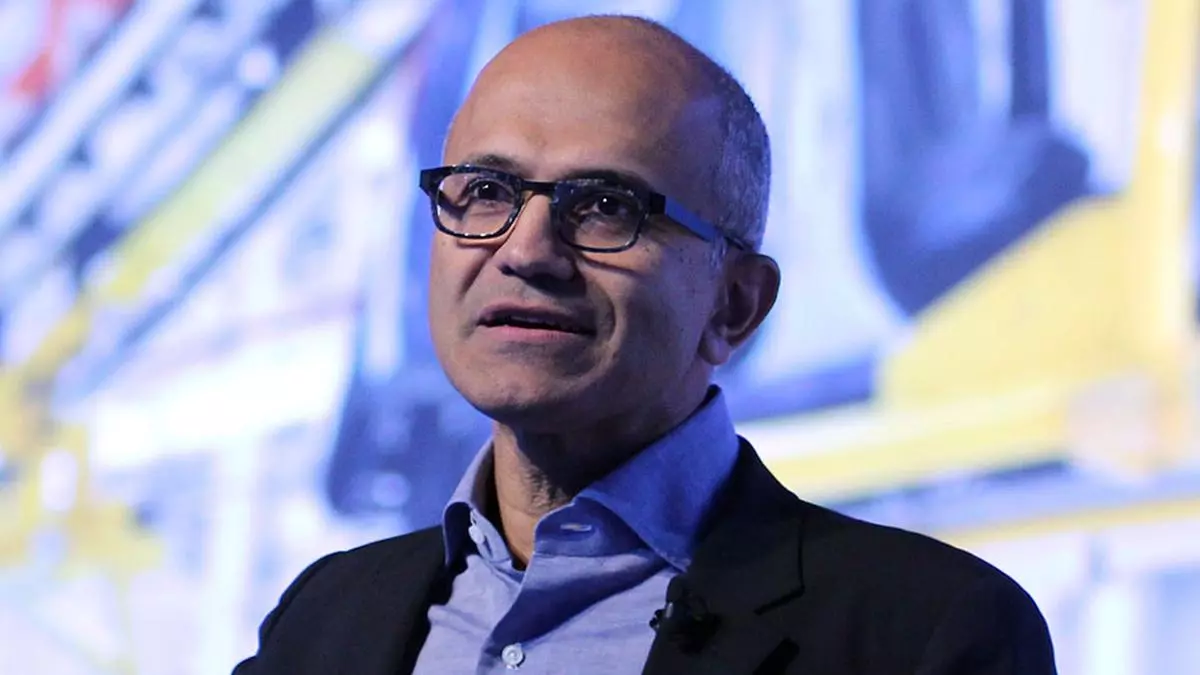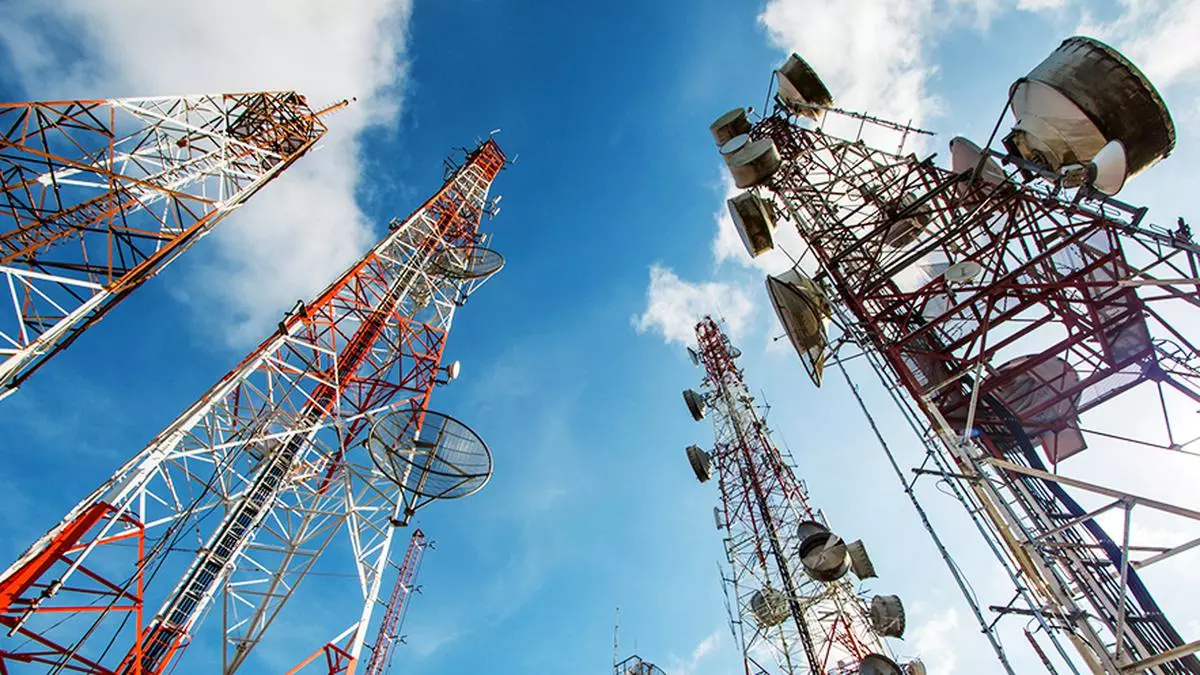Penalty on Nadella puts CEOs in spotlight for non-compliance

The recent Ministry of Corporate Affairs penalty of ₹27 lakh, on Satya Narayana Nadella, Chairman, and CEO of Microsoft, and eight other executives, for violating Significant Beneficial Owners (SBO) norms, related to the LinkedIn Technology Information case, is set to open a pandora’s box.
- Also read:Microsoft promotes new tools for making AI software
In its 63-page order, the Registrar of Companies for Delhi, and Haryana said that LinkedIn Technology, and its officers, failed to send a notice, as mandatorily required by Rule 2A (2), of the Companies (Significant Beneficial Owners) Rules.
Applying the same logic, any individual, or top executives of Indian companies or multinationals, can be fined for non-compliance, if they own a significant stake of 10 per cent in the company.
Moin Ladha, Partner, Khaitan & Co, said with the recent plethora of orders on SBOs, it is imperative, for all Indian, and multi-national company CEOs, to be completely aware of the laws, regarding SBO, to avoid any sanctions from the regulators.
However, a lot of these multi-national companies, are at more risk, as they are less aware, of the Indian laws especially when a group has multiple layers of foreign companies, he said.
The Companies Act, 2013, and the Anti Money Laundering laws, prescribe a 10 per cent threshold, for computation of a beneficial owner.
An SBO can be an individual, who does not directly appear on the records of the company as a holder of any genuine interest, but in reality, exercises significant influence over a company.
Shiju PV, Senior Partner, IndiaLaw LLP said, while the Companies Act prescribes a higher threshold of 25 per cent, the SOB rules, has reduced the threshold to 10 per cent. Though the Act allows the Government to prescribe a different threshold, reduction in the threshold under the Rules, might still be challenged, he said.
“SOB can affect not only multinationals, but also Indian conglomerates, which have many group entities, and subsidiaries. CEOs are penalised, as the onus is placed on individuals to declare SBO status,” said Shiju.
Sucharita Basu, Managing Partner, AQUILAW, said Employees Stock Option, once issued, and allotted as equity, will be part of the shareholding of the CEO, deeming them as an SBO, in case, it crosses the 10 per cent threshold.
The SBO is determined on the basis of shareholding, voting rights, amount of dividends, or significant influence or control that an individual has over a company, he added.
Mehul Modi, Partner, Deloitte India, said the 10 per cent threshold limit, prescribed for an SBO, also includes investment in Global Depository Receipts, Compulsorily Convertible Preference Shares, and Compulsorily Convertible Debentures are treated as ‘shares’ for this purpose.
- Also read:Microsoft’s Satya Nadella wants us to stop treating AI like humans
“Every company has to ensure compliance with the SBO law. In case of failure, the company, and every officer of the company, who is in default, is liable to penalty. CEO is a Key Managerial Person (KMP), and is regarded as responsible to meet the legal obligation,” added Modi.



Leave a Comment